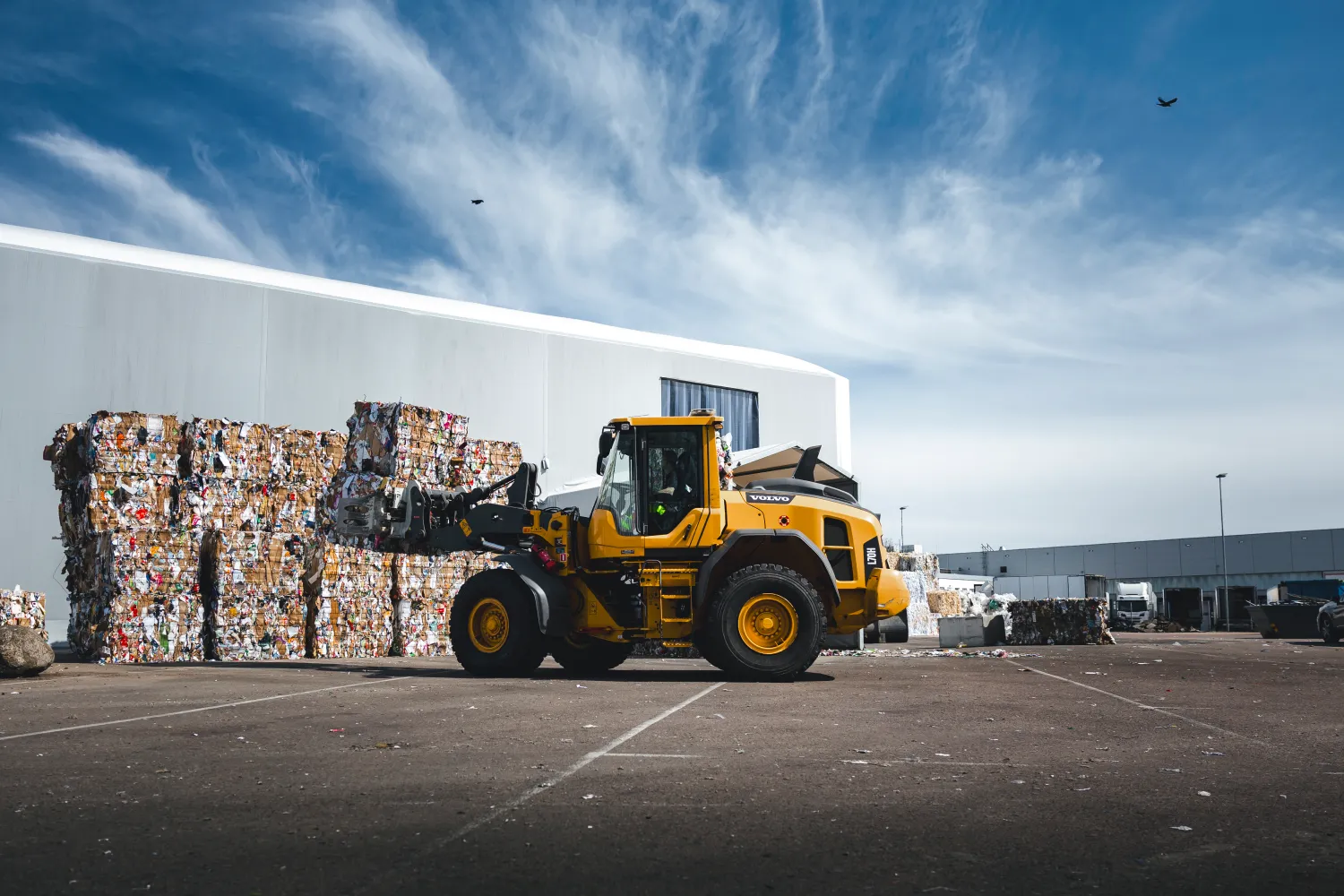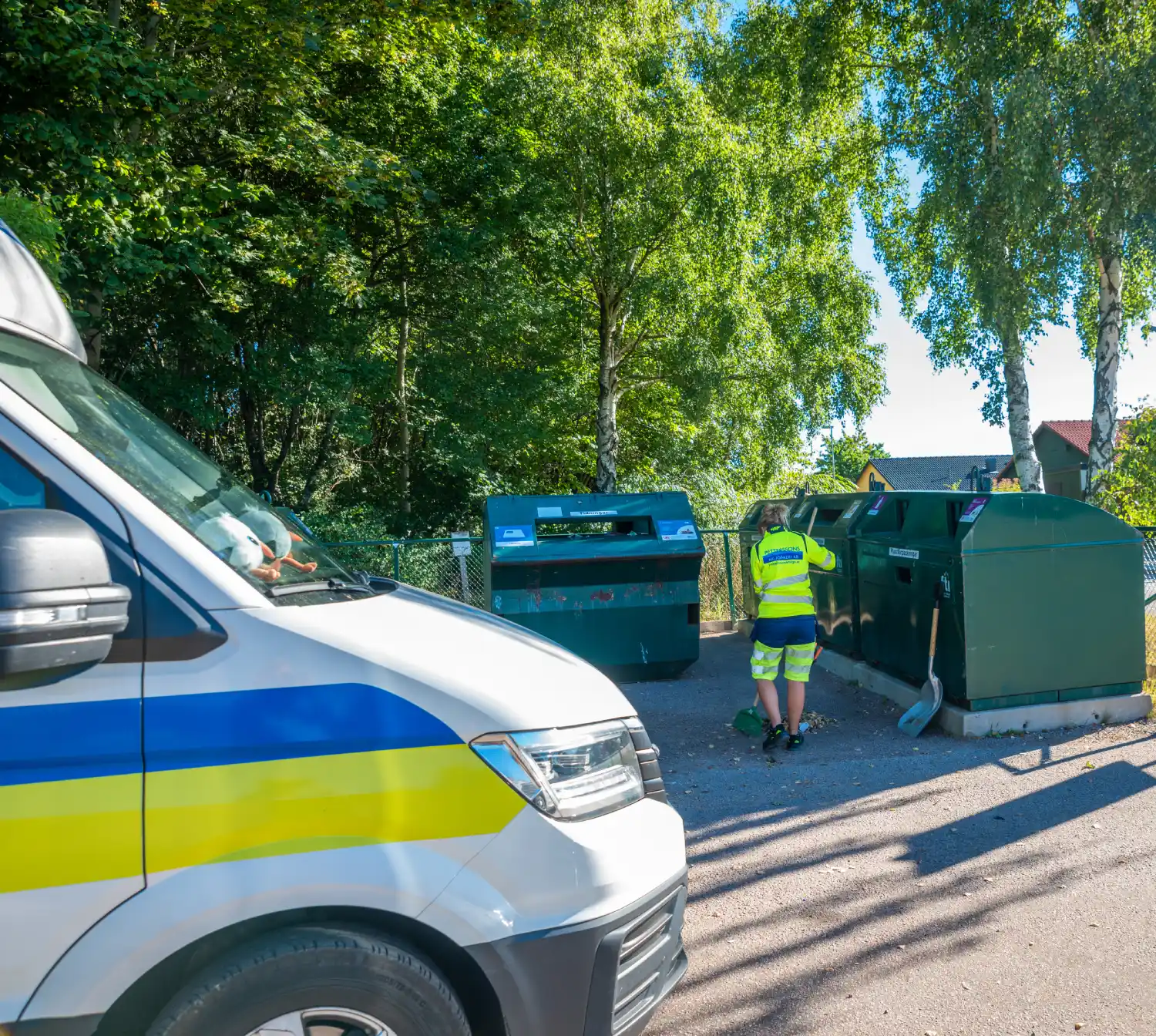Sweden’s Secret to Successful Recycling: Education and Innovation
Sweden’s Secret to Successful Recycling: Education and Innovation
Blog Article
Sweden has emerged as an international head in the ownership of rounded economy axioms, where recycling and sustainability sort the primary of their financial structure. The country's responsibility to environmental sustainability is not really a political priority but a well-embedded social practice. Using its revolutionary Recycling (Återvinning) programs and policies, Sweden acts as a shining exemplory instance of how a nation may change from a conventional linear economy to a far more sustainable, circular model.

The Increase of Recycling in Sweden
Sweden's recycling initiatives have played a vital role in the country's sustainable transformation. An integral statistic that illustrates that success is Sweden's amazing recycling rate of 99%. This implies the majority of home waste is both recycled or became power, rendering it one of the best-performing nations globally in spend management. The Swedish community represents an energetic position in this, with extensive waste segregation techniques set up, enabling households and companies likewise to kind their spend efficiently.
One of the very most notable achievements in Swedish recycling is its commitment to zero waste. The nation moved beyond easy recycling practices by creating a very successful waste-to-energy system. Spend that can't be recycled is became power, giving about 50,000 houses with heat and energy every year. That type of recycling has served Sweden lower their dependence on fossil fuels, showcasing the prospect of spend to serve as a valuable resource.
Business Design: Turning Waste in to Profit
Sweden's circular economy strategy isn't limited to public policy—it has also transformed the country's business landscape. Many Swedish businesses have followed round models that highlight reusing, refurbishing, and recycling. The business enterprise sector has moved from conventional get, produce, dispose types to more sustainable procedures, where items are designed for durability and recyclability.
Businesses in Sweden are increasingly emphasizing product living cycles. For example, businesses are designing items that are more straightforward to disassemble and repair, reducing waste and ensuring that resources are recycled or recycled at the end of a product's life. By embracing that model, businesses can not merely lower their environmental affect but additionally create new financial opportunities. That move is evident in industries such as for instance technology, style, and automotive, wherever sustainability practices are now being integrated to the key business strategy.

Sweden's Government Help for Round Economy
Sweden's government has been a key enabler of the round economy. The united states has introduced a selection of policies and incentives that encourage equally organizations and persons to adopt sustainable practices. Sweden's Circular Economy Action Strategy is a wonderful case, seeking to lessen environmental impact and make the most out of finite resources. Through subsidies for recycling applications and lengthy maker responsibility (EPR) regulations, Sweden has made it simpler for businesses to contribute to the round economy.
Also, Sweden has used seriously in research and innovation in the field of recycling technologies. The focus on developing new strategies for material recovery and recycling has placed Sweden at the forefront of sustainable innovation.
The Road Ahead
By enjoying recycling as a sustainable enterprize model, Sweden is demonstrating that sustainability and profitability may go hand-in-hand, making a more resistant economy for ages to come.
Report this page